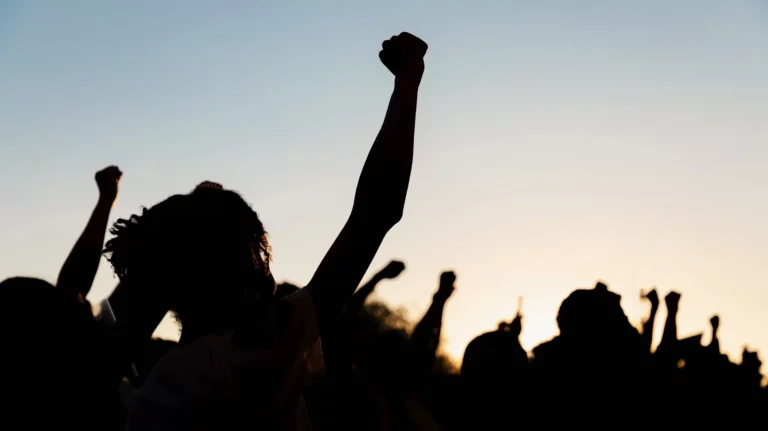Lately, it feels like there’s always something. Another bad law chipping away at our basic rights is adopted. A raid hits a local construction site or your neighborhood restaurant. Another shooting that leaves our communities at a loss.
It’s exhausting, and it feels like the odds are stacked against us. With every ping of a news alert or text, there always seems to be a new reason to ask, ‘What now?’
We’ve seen what happens when attention turns our way. And we’ve seen how quickly it moves on. However, the urgency to do something never really leaves.
In times like these, you may be asking: What can I do?
That question matters more than ever. With municipal elections ahead and the 2026 cycle already underway, the answer cannot wait. Our response must match the scale of what our neighbors are facing. Alabamians are attempting to find adequate health care, navigating through a difficult parole process, assessing how they protect their neighbors, and even trying to understand where to vote.
The work is happening now, not just when ballots are cast. Alabama needs organizers in neighborhoods, advocates in city halls, and volunteers who understand that power grows wherever we show up.
The team at the ACLU is meeting this moment by investing in long-term strategy and community care.
Vision 2030 outlines our priorities clearly. We are working to raise Black voter turnout, restore reproductive freedom, and address a carceral system that punishes poverty. These goals are not abstract. They are deeply rooted in the needs of real people whose lives hang in the balance.
We have sued the state to expand birthing options and defended access to health care. Our staff and partners are guiding people through parole hearings, fighting censorship in schools, and launching programs that train the next generation of movement lawyers and organizers. We do this because we believe no one should have to leave Alabama to find freedom and safety.
And we are not alone in this work.
Across the state, people are leading their own fights. Some are registering voters on campuses and at cookouts. Others are hosting ‘Know Your Rights’ trainings for immigrants afraid of who might be knocking on their door, and speaking out at city council meetings against policies threatening their communities. These actions may not make the news, but they make a difference.
Over time, these small, steady acts become part of something much larger. This quiet resistance keeps going, even as the rest of the nation shifts to the next crisis.
For those of us still in it, the urgency doesn’t pass with the news cycle. It stays. And so do we.
We invite you to take that first step. Join us for a training. Learn how to advocate in your hometown. You don’t need permission to lead. You just need to start.
Our future will be shaped by what we build together, block by block. This is where our power lives. This is where it grows.

